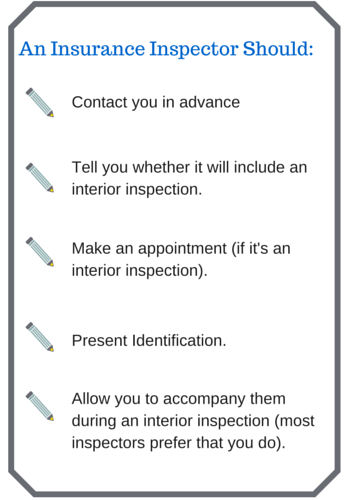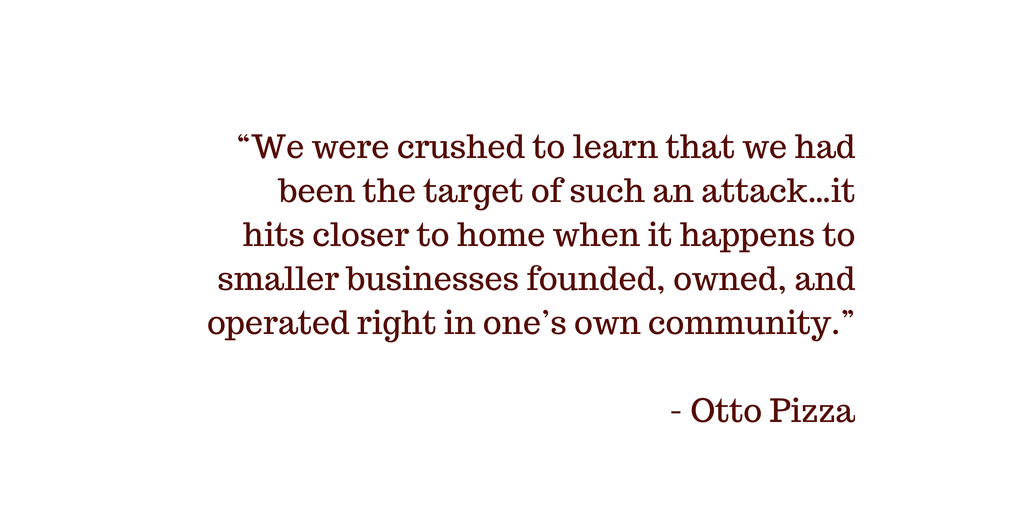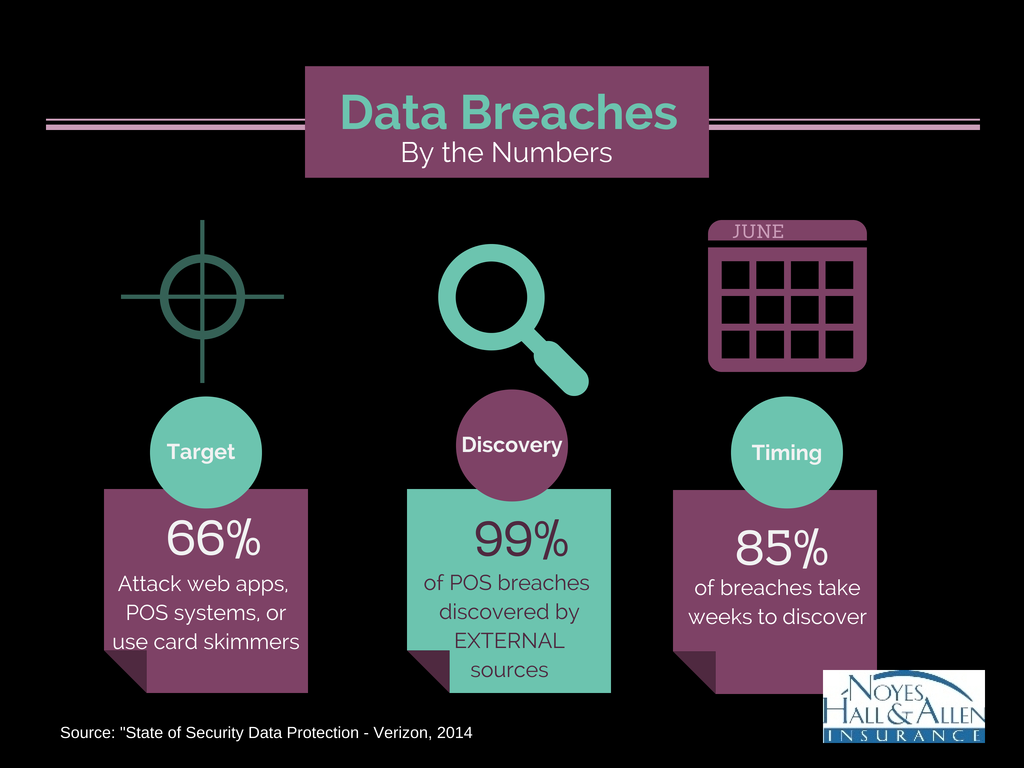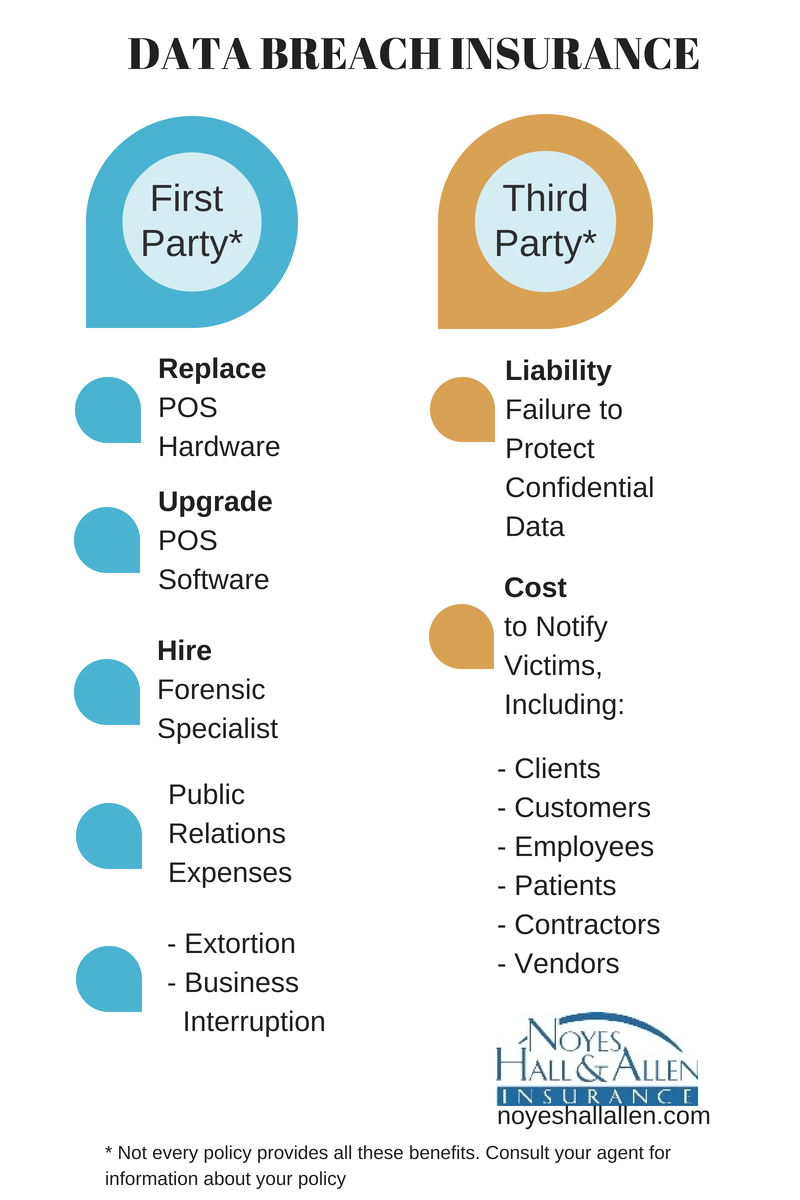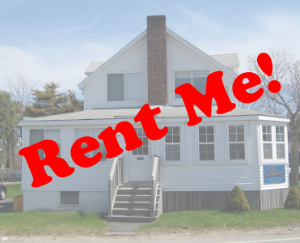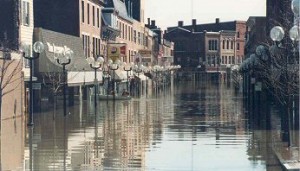Whether you’re buying a home in Falmouth, a condo in Portland or income property in Scarborough, if you’re borrowing money, your lender will ask for proof of “hazard insurance”.
What is Hazard Insurance?
Hazard insurance is just the bank’s term for property insurance. The bank wants to make sure that if a disaster strikes, they will be protected at least up to the amount of your loan. Typical types of hazard insurance in Maine include:
- Homeowners insurance (sometimes called an HO-3 or HO-5);
- Condominium Unit Owners Insurance (aka HO-6);
- Renters insurance (HO-4);
- Dwelling Fire policy (often used for rental property or camps).
How Much Hazard Insurance Do I Need on My Home?
The bank would prefer to have 100% of your loan protected by property insurance. Sometimes, that’s too much insurance. After all, your insurance will only pay to rebuild your home. Insurance doesn’t cover items such as land, site work, landscaping or other items that are included in the purchase price. Your Maine homeowners insurance agent should help you
- estimate the cost to rebuild your home;
- provide cost estimates based upon the coverage you need;
- provide proof of insurance that will satisfy the bank.
A good insurance agent can help you avoid buying too much – or too little – insurance.
If you have questions about Maine investment property insurance, or protecting your home, camp or condo, contact a Noyes Hall & Allen agent at 207.799.5541 today. We offer a choice of many of Maine’s preferred property insurance companies, so we can do your shopping for you. As we like to say: “we’re independent and committed to you.”




